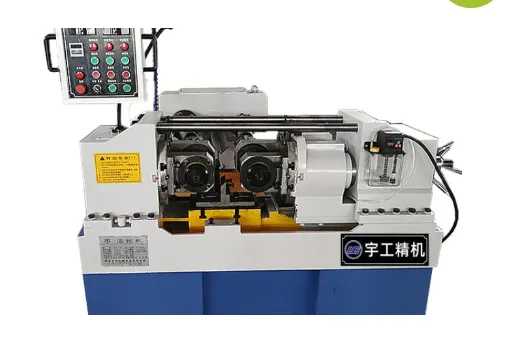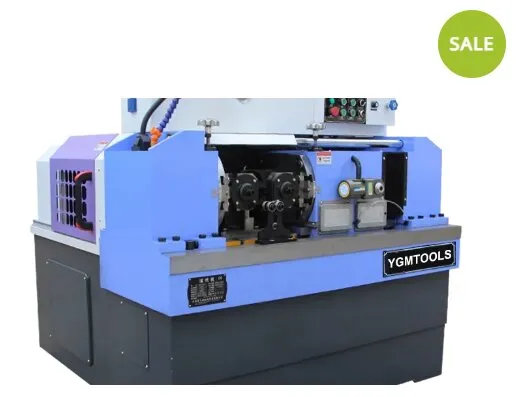
-
 Afrikaans
Afrikaans -
 Albanian
Albanian -
 Amharic
Amharic -
 Arabic
Arabic -
 Armenian
Armenian -
 Azerbaijani
Azerbaijani -
 Basque
Basque -
 Belarusian
Belarusian -
 Bengali
Bengali -
 Bosnian
Bosnian -
 Bulgarian
Bulgarian -
 Catalan
Catalan -
 Cebuano
Cebuano -
 Corsican
Corsican -
 Croatian
Croatian -
 Czech
Czech -
 Danish
Danish -
 Dutch
Dutch -
 English
English -
 Esperanto
Esperanto -
 Estonian
Estonian -
 Finnish
Finnish -
 French
French -
 Frisian
Frisian -
 Galician
Galician -
 Georgian
Georgian -
 German
German -
 Greek
Greek -
 Gujarati
Gujarati -
 Haitian Creole
Haitian Creole -
 hausa
hausa -
 hawaiian
hawaiian -
 Hebrew
Hebrew -
 Hindi
Hindi -
 Miao
Miao -
 Hungarian
Hungarian -
 Icelandic
Icelandic -
 igbo
igbo -
 Indonesian
Indonesian -
 irish
irish -
 Italian
Italian -
 Japanese
Japanese -
 Javanese
Javanese -
 Kannada
Kannada -
 kazakh
kazakh -
 Khmer
Khmer -
 Rwandese
Rwandese -
 Korean
Korean -
 Kurdish
Kurdish -
 Kyrgyz
Kyrgyz -
 Lao
Lao -
 Latin
Latin -
 Latvian
Latvian -
 Lithuanian
Lithuanian -
 Luxembourgish
Luxembourgish -
 Macedonian
Macedonian -
 Malgashi
Malgashi -
 Malay
Malay -
 Malayalam
Malayalam -
 Maltese
Maltese -
 Maori
Maori -
 Marathi
Marathi -
 Mongolian
Mongolian -
 Myanmar
Myanmar -
 Nepali
Nepali -
 Norwegian
Norwegian -
 Norwegian
Norwegian -
 Occitan
Occitan -
 Pashto
Pashto -
 Persian
Persian -
 Polish
Polish -
 Portuguese
Portuguese -
 Punjabi
Punjabi -
 Romanian
Romanian -
 Russian
Russian -
 Samoan
Samoan -
 Scottish Gaelic
Scottish Gaelic -
 Serbian
Serbian -
 Sesotho
Sesotho -
 Shona
Shona -
 Sindhi
Sindhi -
 Sinhala
Sinhala -
 Slovak
Slovak -
 Slovenian
Slovenian -
 Somali
Somali -
 Spanish
Spanish -
 Sundanese
Sundanese -
 Swahili
Swahili -
 Swedish
Swedish -
 Tagalog
Tagalog -
 Tajik
Tajik -
 Tamil
Tamil -
 Tatar
Tatar -
 Telugu
Telugu -
 Thai
Thai -
 Turkish
Turkish -
 Turkmen
Turkmen -
 Ukrainian
Ukrainian -
 Urdu
Urdu -
 Uighur
Uighur -
 Uzbek
Uzbek -
 Vietnamese
Vietnamese -
 Welsh
Welsh -
 Bantu
Bantu -
 Yiddish
Yiddish -
 Yoruba
Yoruba -
 Zulu
Zulu
Feb . 15, 2025 04:51
Back to list
flat die thread rolling machine
Thread rolling equipment stands at the forefront of modern manufacturing, offering unparalleled precision and efficiency in producing threaded components. Unlike traditional methods, thread rolling forms threads by displacing material under pressure, rather than removing it. This not only enhances the mechanical strength of components but also significantly prolongs their lifespan.
When it comes to authoritativeness, thread rolling equipment manufacturers with a proven track record provide a substantial advantage. Established companies often offer comprehensive support services, including installation assistance, technical support, and training programs. Their expertise not only ensures that the equipment is optimally utilized but also helps in integrating it seamlessly into existing production lines. Working with reputable manufacturers also means access to the latest advancements in thread rolling technology, such as enhanced control systems and environmentally friendly designs. Trustworthiness is another critical factor when investing in thread rolling equipment. Thoroughly researching and selecting equipment from reputable manufacturers or suppliers can mitigate risks. Always verify the certifications and compliance of the equipment with industry standards. Furthermore, engaging with third-party reviews and testimonials from other users offers valuable insights into the reliability and performance of the machines in real-world scenarios. In conclusion, thread rolling equipment is a cornerstone of efficient and high-quality manufacturing. Its ability to produce strong, consistent threads with minimal material wastage makes it an attractive option for various industries. Leveraging my extensive experience, I advise manufacturers to invest not only in quality equipment but also in comprehensive operator training and regular maintenance to maximize their investment. With the right approach, thread rolling can significantly enhance production capabilities, ensuring both immediate and long-term benefits in terms of quality, cost-efficiency, and sustainability.


When it comes to authoritativeness, thread rolling equipment manufacturers with a proven track record provide a substantial advantage. Established companies often offer comprehensive support services, including installation assistance, technical support, and training programs. Their expertise not only ensures that the equipment is optimally utilized but also helps in integrating it seamlessly into existing production lines. Working with reputable manufacturers also means access to the latest advancements in thread rolling technology, such as enhanced control systems and environmentally friendly designs. Trustworthiness is another critical factor when investing in thread rolling equipment. Thoroughly researching and selecting equipment from reputable manufacturers or suppliers can mitigate risks. Always verify the certifications and compliance of the equipment with industry standards. Furthermore, engaging with third-party reviews and testimonials from other users offers valuable insights into the reliability and performance of the machines in real-world scenarios. In conclusion, thread rolling equipment is a cornerstone of efficient and high-quality manufacturing. Its ability to produce strong, consistent threads with minimal material wastage makes it an attractive option for various industries. Leveraging my extensive experience, I advise manufacturers to invest not only in quality equipment but also in comprehensive operator training and regular maintenance to maximize their investment. With the right approach, thread rolling can significantly enhance production capabilities, ensuring both immediate and long-term benefits in terms of quality, cost-efficiency, and sustainability.
Share:
Latest news
Upgrade Your Production Line With Advanced Threading Solutions
NewsJun.12,2025
Optimize Precision With Advanced Thread Rolling Equipment
NewsJun.12,2025
Maximize Production With A High-Speed Thread Rolling Machine
NewsJun.12,2025
Master Precision Engineering With The Right Roller Threading Machine
NewsJun.12,2025
Find The Right Thread Rolling Tool For Precision Threading
NewsJun.12,2025
Boost Efficiency With Our Thread Rolling Machine
NewsJun.12,2025
